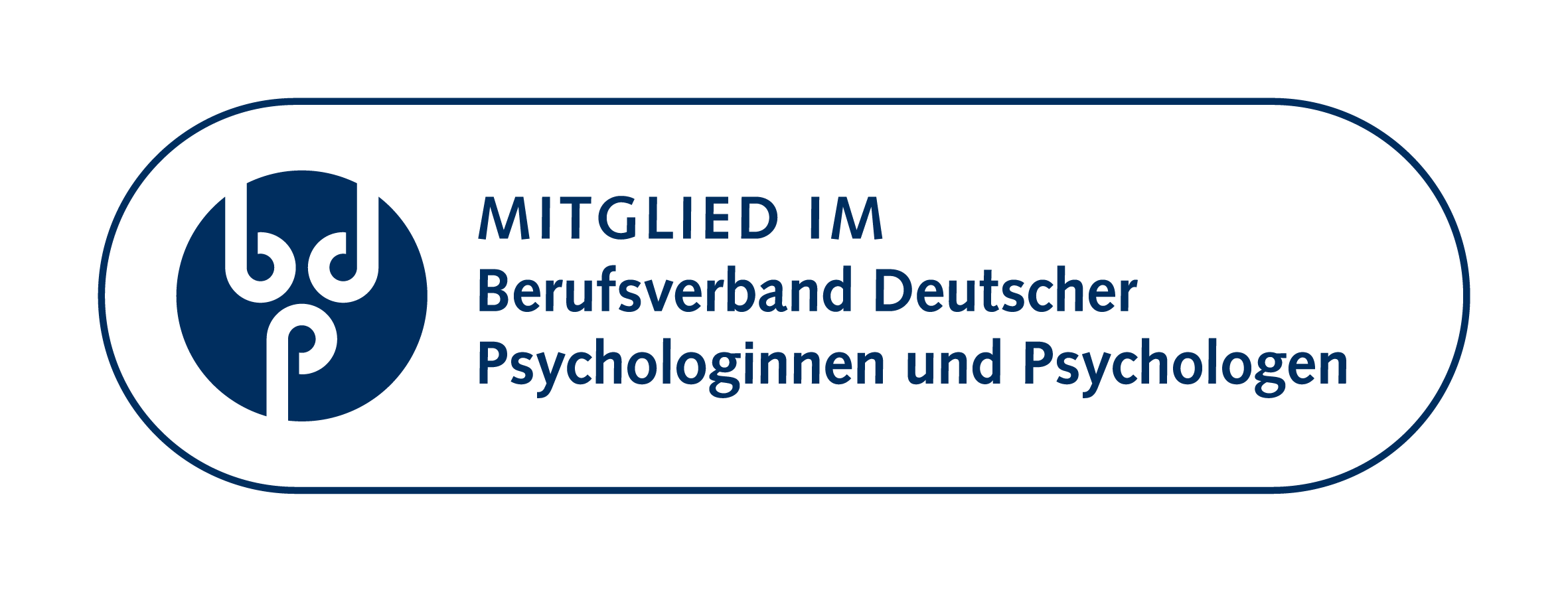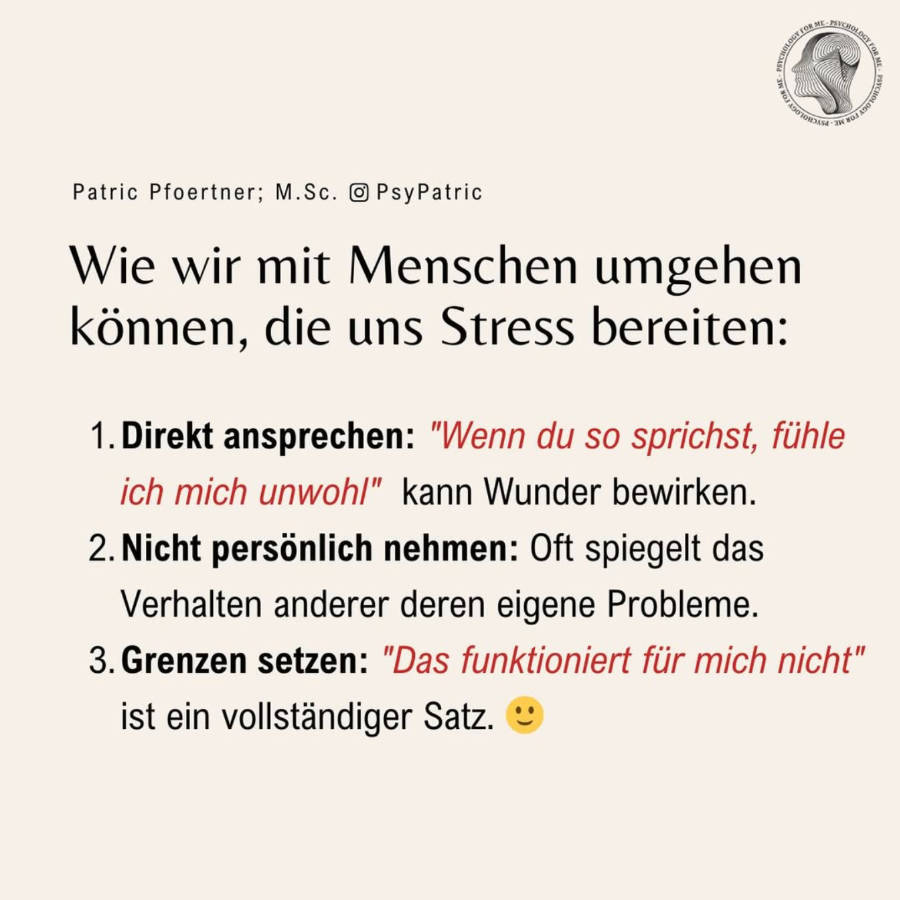Understanding Your Selflessness: A Path to Well-being
As a professional psychologist, I often encounter individuals grappling with the delicate balance between caring for others and nurturing themselves. While selflessness is widely celebrated and can foster beautiful connections, an imbalance can sometimes lead to personal depletion, resentment, and a feeling of being overwhelmed. This "Selflessness and Well-being Test" is designed to help you reflect on your patterns of giving and receiving.
This test aims to provide you with a clearer picture of:
- Your current tendencies: How often you prioritize others' needs versus your own.
- Your boundary effectiveness: How well you set limits and protect your personal energy.
- Your self-care practices: Whether you're adequately nurturing your own well-being.
It's completely normal to feel a mix of emotions when considering these aspects of your life. Many people find themselves in situations where their desire to help conflicts with their personal needs. Let's explore some common questions people have:
What does it mean to be "too selfless"?
Being "too selfless" isn't about being inherently bad or having negative intentions. Instead, it describes a pattern where an individual consistently places the needs, desires, and well-being of others above their own, often to their detriment. This can manifest as difficulty saying "no," feeling responsible for others' emotions, or sacrificing personal time and resources without receiving adequate reciprocity or recognition.
Is being selfless always a good thing?
While altruism and generosity are undeniably positive traits, excessive or unmoderated selflessness can become problematic. When selflessness consistently leads to burnout, emotional exhaustion, resentment, or the neglect of your own essential needs, it ceases to be truly beneficial—either for you or, ironically, for the long-term health of your relationships. Healthy selflessness stems from a place of abundance, not depletion.
How does this impact my well-being?
When you continuously prioritize others, your own emotional, mental, and even physical health can suffer. You might experience chronic stress, anxiety, low energy, or feelings of unworthiness. Over time, this can erode your sense of self, make you feel invisible, and even lead to resentment towards those you're trying to help. It's like pouring from an empty cup – eventually, there's nothing left.
What are the signs I might be overly selfless or codependent?
Common signs include feeling guilty when you assert your needs, constantly seeking external validation, struggling with boundaries, fearing disapproval, or feeling responsible for "fixing" others' problems. You might also notice a pattern of feeling taken advantage of, or consistently attracting people who seem to rely heavily on your support without offering much in return.
What can I do if my score is high?
A high score isn't a judgment; it's an invitation for self-compassion and growth. If your results indicate a strong tendency towards excessive selflessness, consider it a valuable insight into areas where you can cultivate greater self-care and stronger boundaries. This might involve practicing saying "no" more often, carving out dedicated time for your own interests, or learning to communicate your needs assertively. Remember, prioritizing your well-being isn't selfish; it's essential for you to show up authentically and sustainably in all your relationships. If these patterns feel deeply ingrained, seeking support from a therapist or counselor can provide valuable strategies and guidance on your journey toward a healthier balance.
























